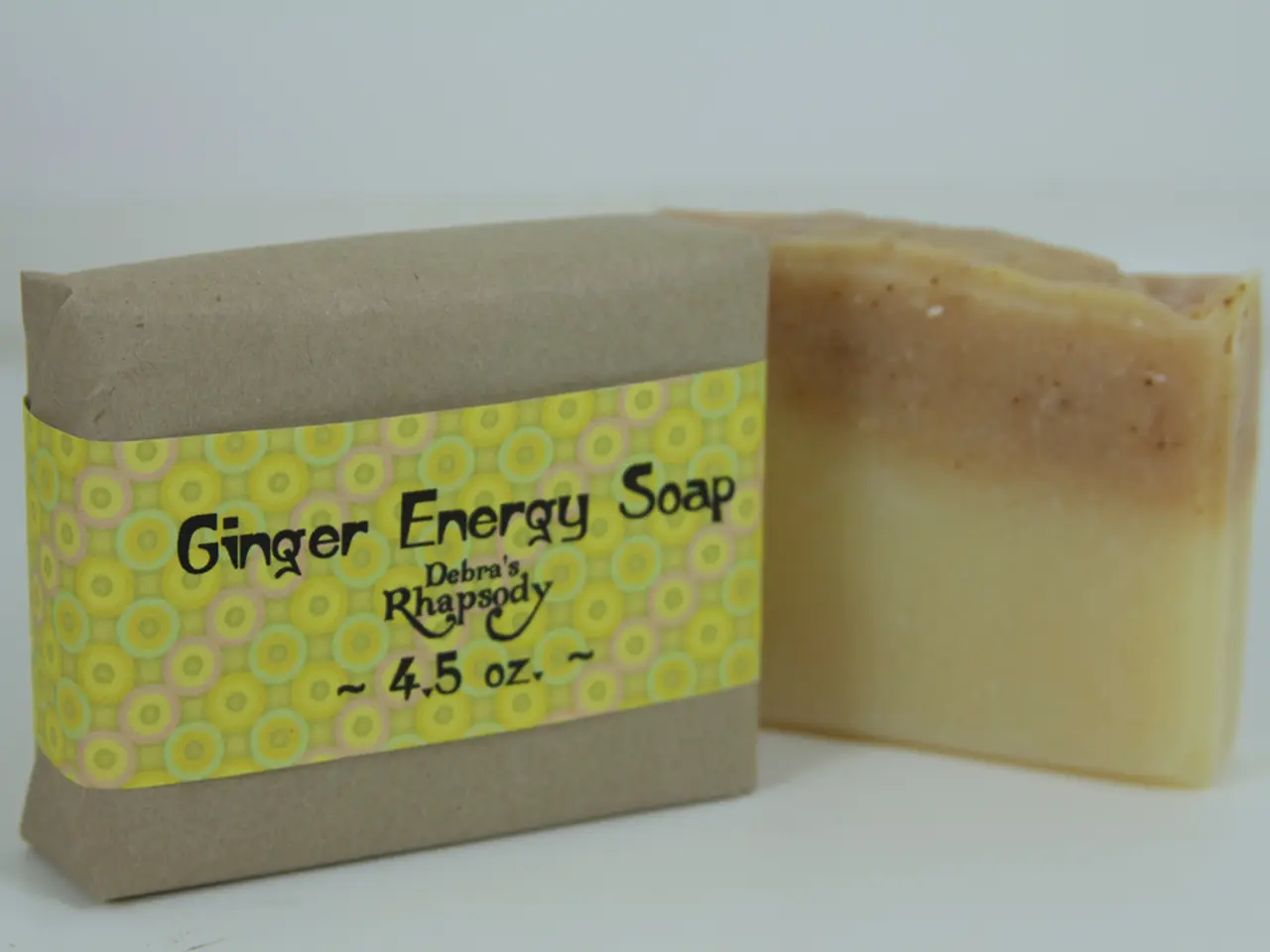Archaeological Find Reveals Origins of Soap Powder's Transformation into the Swan Symbol
In the heart of Düsseldorf, the Flingern district has a rich industrial history that has significantly shaped the city's economic development. One such industrial activity was soap boiling, a common industry in urban zones during the 19th and early 20th centuries.
A notable soap boiling factory, located at Erkrather Straße 230, played a significant role in this history. However, the specifics of its impact and the evolution of this site since the mid-2000s remain largely undocumented.
Flingern, like many other areas in Düsseldorf, has undergone a remarkable transformation since the mid-2000s. Old factory buildings have been repurposed into creative spaces, galleries, offices, and residential lofts. The rise of cultural venues, cafés, and boutique shops has supported a thriving creative economy. Urban renewal efforts have enhanced livability and attracted new demographics, resulting in a vibrant neighborhood that seamlessly blends industrial heritage with modern cultural life.
One such transformation can be seen in the Swan courtyards, which have breathed new life into abandoned industrial areas, becoming a new hotspot in Düsseldorf. The buildings now house a business school, popular gastronomy, and a fitness studio.
For those interested in delving deeper into Düsseldorf's history, guided tours are available. These tours provide insights into the city's railway history, military-historical sites, and industrial monuments. The Flinger Path, consisting of 30 stations, offers a comprehensive journey through the industrial past and present of the area.
Recently, a new stele has been unveiled at Erkrather Straße 230, standing directly in front of the cult Portuguese Frango Portugues. This stele provides information about the history of soap production at this very location.
Tours along the Flinger Path, including "Flingern South - Between Steel Industry and House Occupation," "From Lierenfelder Station to the Old Paint Works," and "Flingern North - From Flinger Broich to the Clock Tower," offer a unique opportunity to explore the area's industrial past. Registration for these tours is required via email at [email protected].
It's worth noting that Düsseldorf's industries included power generation, a coking plant, and wire drawing factories like Kloeckner Draht. Thousands of Düsseldorf residents worked hard to create added value, laying the foundation for the wealth of the NRW state capital.
Companies like the Henkels, a part of the Henkel group, produced 500 different articles for cleaning and care in households, businesses, and plant care. An early shareholder of the soap powder produced at Erkrather Straße was a Hessian merchant named Fritz Henkel.
The soap powder was sold in red packets with a white swan logo, a testament to the area's rich industrial heritage. The soap boilers of Düsseldorf Flingern were experimenting with processing potash soap into dry powder, creating a detergent, as early as 1877.
Mayor Klaudia Zepuntke noted that the pace of the stele project feels like they're unveiling a stele every week. With 21 of the planned 30 steles already in place, it's an exciting time for those interested in Düsseldorf's industrial history.
In conclusion, the history and impact of the soap boiling industry in Düsseldorf's Flingern neighborhood, specifically at Erkrather Straße 230, offer a fascinating glimpse into the city's industrial past. For those eager to learn more, the Flinger Path tours provide a unique opportunity to explore this history firsthand.
- The Flingern district in Düsseldorf, known for its rich industrial history, has seen a transition from soap boiling factories to creative spaces, cultural venues, and residential lofts, fostering a thriving creative economy.
- The rise of urban renewal efforts in Flingern has resulted in the transformation of abandoned industrial areas, such as the Swan courtyards, into business schools, popular gastronomy, and fitness studios.
- For those interested in delving deeper into Düsseldorf's history, tours along the Flinger Path offer insights into the city's industrial monuments, railway history, and military-historical sites, providing a comprehensive journey through the area's industrial past and present.
- Companies like Henkels, a part of the Henkel group, produced a wide array of cleaning and care products, with an early shareholder of the soap powder produced at Erkrather Straße being Fritz Henkel.
- The soap powder was sold in red packets with a white swan logo, symbolizing Düsseldorf's industrial heritage, where soap boilers were experimenting with processing potash soap into dry powder as early as 1877.




